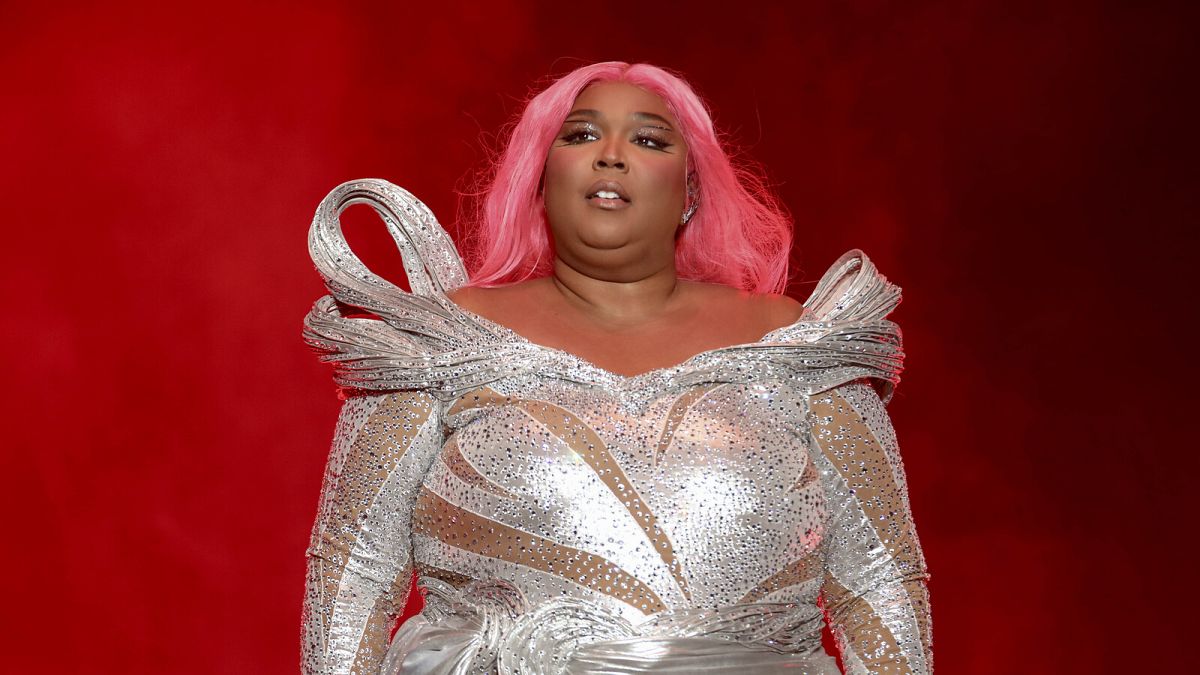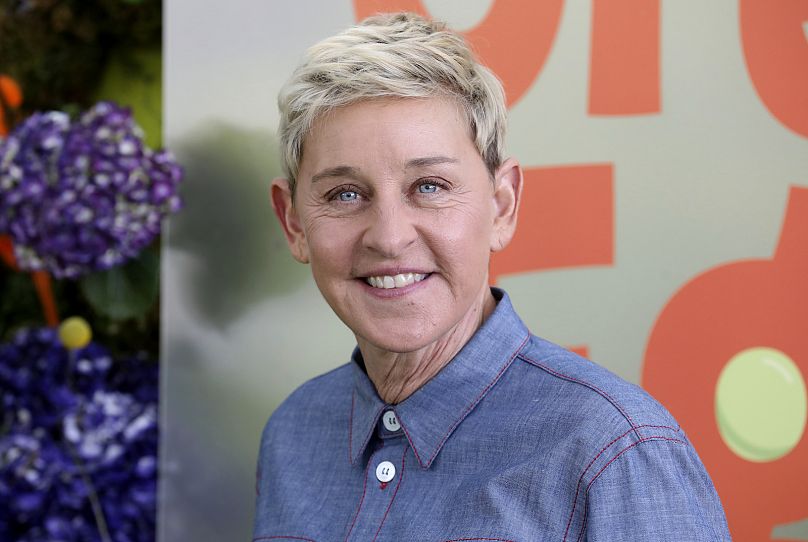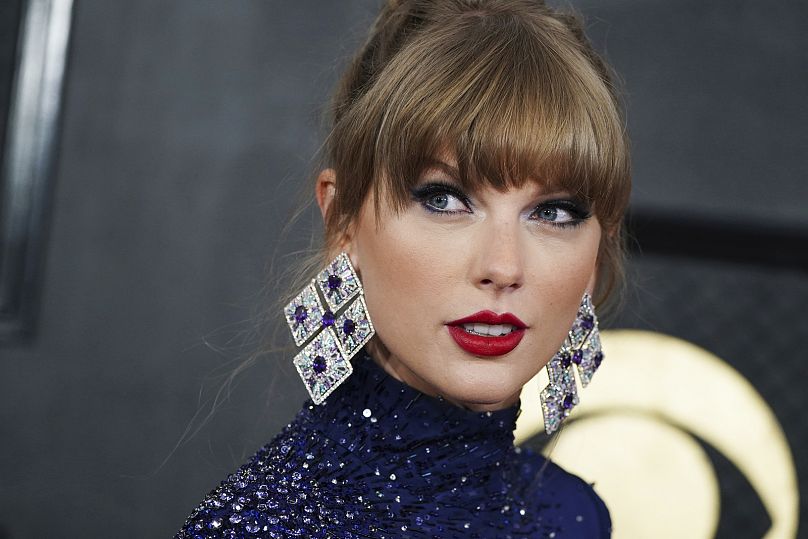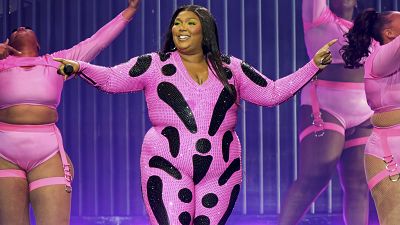One week after Lizzo was sued for sexual harassment, more ex-dancers are apparently coming forward. Is it time for celebrities to give up politics as PR?
The popular 'body positivity' icon was slapped with a 37-page lawsuit last week in which former employees accuse her of sexual harassment and, most paradoxically, body-shaming.
Now, a further six former employees have weighed in with further complaints, leading many wonder whether Lizzo's brand, which is so intimately intertwined with her empowering message, can survive the blow.
In a time in which celebrities are increasingly pressured to wrap themselves up in the alluring drapery of social activism, should Lizzo's recent scandal force Hollywood to rethink its politics-as-PR approach? And could taking a stand not only set celebrities up for failure, but — even more troublingly — damage the cause they aim to defend?
When the art can't be separated from the artist
Of all recent celebrity falls from the public's fickle grace, few have been as dramatic as that of Lizzo, who found herself knocked out at the apogee of her success.
The 35-year-old singer had gained international acclaim for her hit songs 'Good as Hell', 'Rumors' and 'About Damn Time' which promoted self-love, female empowerment and body positivity – making allegations of body-shaming, inappropriate behaviour, failure to properly compensate employees and fostering a "sexually charged environment" all the more difficult to brush off.
The pop star came out on Instagram to defend her actions, denying the accusations and proudly asserting that she is not a "villain", but that has not stopped people from branding her a whole range of unflattering epithets.
The court of law may eventually decide on whether her ex-employees' complaints have any merit — the court of public opinion, on the other hand, has already banished her to the feared realm of online cancellation.
While Lizzo is merely one individual in a long line of public figures whose reputations have been tarnished by shocking allegations, the scandal has hit her harder than most, as it fundamentally gnaws at the core of her artistic identity.
Another unlikely bedfellow is US comedian and talk show host Ellen DeGeneres. Formerly heralded as an LGBTQ+ pioneer and the proud face of the "be kind" movement, Ellen was accused of fostering a toxic workplace environment rife with bullying, racism and sexual harassment. Her long-running, eponymously titled show was eventually cancelled.
Is 'cancel culture' to blame?
Many are quick to blame the supposed rise of "cancel culture", but the answer may lie elsewhere.
Part of the reason why stars such as Lizzo find themselves struggling to survive such scandals is that their public image is fundamentally centred upon a commitment to a political or social cause. This itself is a growing product of a new celebrity culture - one which puts significantly greater onus on Tinseltown's finest to "stand" for a particular cause and make it a key part of their imagery.
Part of this all stems from how, in today's highly polarised political climate — one fomented by an increasingly reactionary far-right — celebrities and their teams are made to feel moral imperative to "stand up" for the oppressed and posit themselves on the right side of history. However genuine or not their commitment to such cause may be, weighing in on political matters — once, a publicist's worst nightmare — has become something of a PR strategy.
Indeed, back in 2016, American singer-songwriter Taylor Swift was pilloried by the press and much of the public for refusing to give her two cents on Donald Trump's presidency, as she would only reveal her true (blue) political colours two years later, upon publicly endorsing Democratic candidates in her home state of Tennessee.
'Politics-as-PR' can heap lucrative rewards in today's celebrity age. It shows relatability, a model citizenship, and a sign of being with the times. But it's a double-edged sword, one which has hit Lizzo harder than most. Even stars still deemed to have an "impeccable" record — R&B titan Beyoncé, widely praised for her pro-LGBTQ+ and Black empowerment imagery, comes to mind— can be hit when least expected, such as when accused of hypocrisy for performing in a notoriously homophobic state.
Should celebrities rethink their approach to social activism?
And so, we get to the crux of the matter: Should celebrities avoid making social issues a part of their brand?
The question may seem somewhat pointless, because it goes without saying that celebrities — like all humans — have the right to express themselves politically or in any issue as they wish.
The potentially far-reaching impact of celebrity activism ought not be understated. Back in the late 1980s, Madonna helped raise awareness of HIV/AIDS and fight the stigma of homosexuality by including information in her 'Like a Prayer' album leaflet. Fast forward three decades, and the typically politics-shy Taylor Swift managed to get thousands of young Americans registered to vote.
But while all celebrities have a right to a political voice, they do not have the right to a platform. And the bigger the platform, the greater the responsibility they carry.
As a result of Lizzo's ongoing scandal, many of her detractors now feel they have carte blanche to bury the artist with various fatphobic, sexist or racist insults — and other women like her. For some categories whom she represented, the allegations have represented a moment of deep trauma.
Social activism is a thorny issue, and while celebrities and their PR teams may be willing to hop onto the most popular bandwagon as an easy point-scoring strategy, they should not only think about the harm it can do to the causes they defend, but of the double-edged sword that awaits them. Advocacy can offer praise and adulation, but a single misstep - or even an accusation without the faintest degree of legal merit - could irretrievably sever a career.
Before celebrities decide to fashion themselves as the role models and social justice champions we all expect them to be, they should consider whether they have the goods to back it up. The road from from flavour to failure of the month is a slippery one — and they could bring down the very causes they support along with them.





